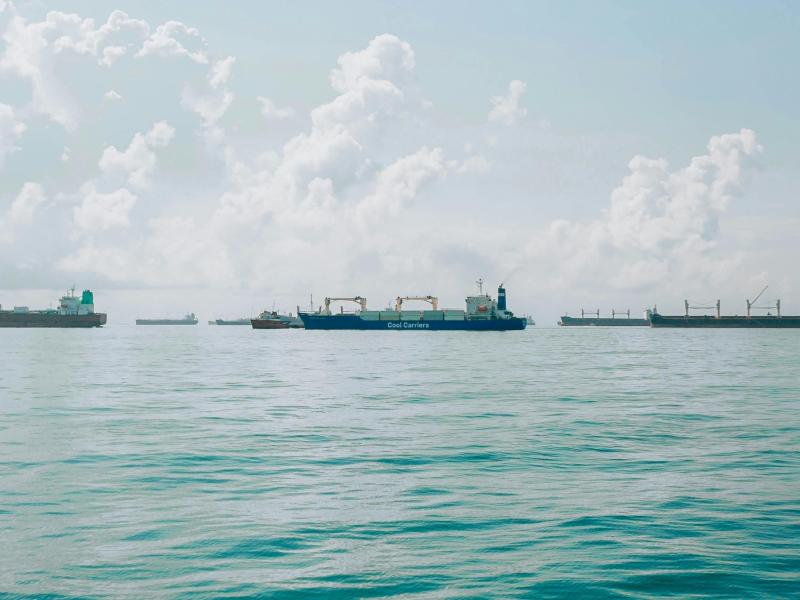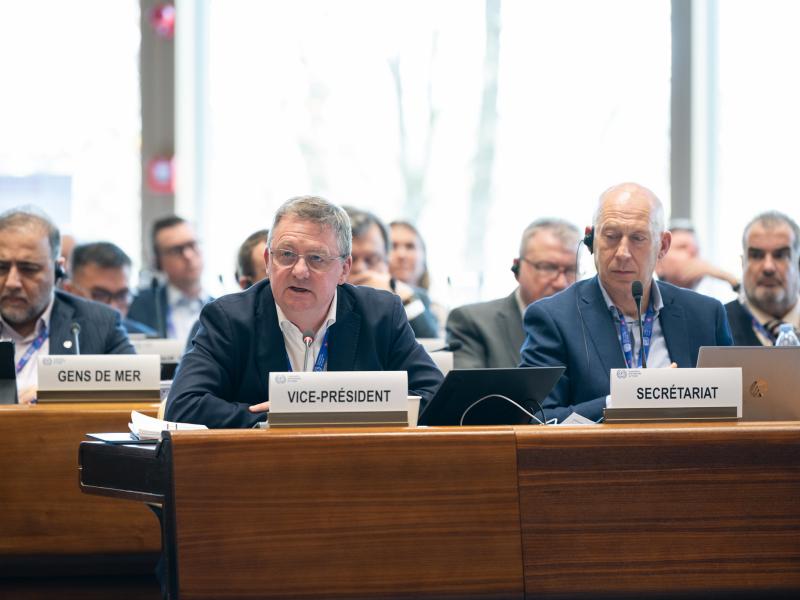ATM general secretary Benito Bahena and ITF policy co-ordinator Sarah Finke presented their analysis and proposals for a social and sustainable public transport policy for the city at a high-level technical conference in the legislative assembly of Mexico City on 25 November.
Since 2010, the city has modernised the network of trolleybuses and created zero emission corridors, under a 15-year ‘green plan’ implemented with the participation of trade unions. However, the new city administration is proposing to replace the trolleybus system with Chinese-supplied electric buses.
Trade unions, civil society organisations and transport experts have strongly criticised these plans as more expensive and less sustainable than trolleybuses. They also say that transport workers’ jobs will be affected.
Instead, they argue for investment in the extensive infrastructure of existing trolleybuses and the purchase of new, Mexican-manufactured trolleybuses, which are currently used in the city of Guadalajara.
Mr Bahena commented: “The solution must meet the needs of the transport users, whose opinions are being ignored by the authorities. The students, the elderly and all passengers deserve efficient public transport.
“Trolleybuses have proved to be a safe means of transport, with no records of violence. They are 100 per cent ecological and are the best option for the city’s sustainability.”
He added that proposals for electric buses were abandoned in favour of trolleybuses in Shanghai, China, and rejected in Beijing because of the high costs of batteries and limited urban space for charging stations.
The conference was held ahead of the C40 Mayor’s Summit, which started on 30 November.
Find out more at the ITF and ATM Save the Trolleybus campaign website and Facebook page.
In May, the ITF denounced attacks against ATM members – read more.



